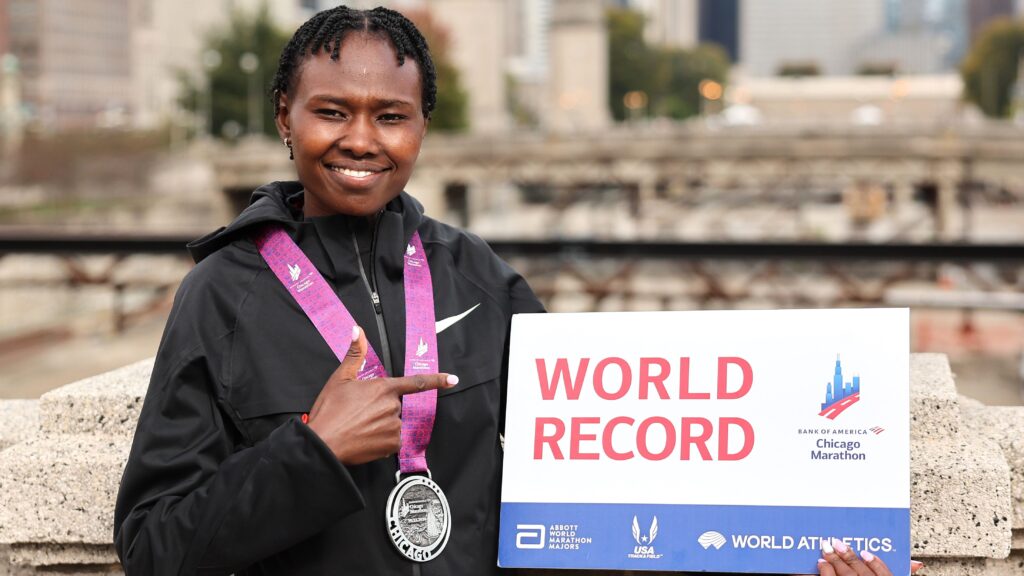Ruth Chepngetich, the women’s marathon world record‑holder, faces a possible two‑year suspension after a 14 March 2025 doping control sample returned an adverse finding for hydrochlorothiazide (HCTZ), a diuretic and masking agent prohibited at all times under the World Anti‑Doping Code (S5; specified substance). The Athletics Integrity Unit (AIU) received the laboratory result on 3 April and interviewed Chepngetich in Kenya on 16 April. Because provisional suspension is not mandatory in diuretics cases, she was initially eligible to compete; on 19 April she accepted a voluntary provisional suspension while the AIU investigation continued. The AIU has now issued a notice of charge and imposed its own provisional suspension pending a disciplinary hearing. She may challenge the charge and argue for a reduction of sanction if mitigating factors are proven.
The development follows her withdrawal from the London Marathon in April, when she said she was not in the right mental or physical place to race at her best. It also trails a remarkable career arc. Chepngetich burst into global view in 2018 with 2:18:35, then won silver at the 2019 World Championships. She captured Chicago in 2021 and returned in 2022 to lower her personal best to 2:14:18. Two years later she produced a staggering 2:09:56 in Chicago, slicing nearly two minutes from the standing world record of 2:11:53 and redefining expectations for women’s marathon performance.
That leap drew scrutiny. Asked after the race what she would say to skeptics who thought the run might be “too good to be true,” she replied that she had no idea. Kenyan political leaders condemned the questioning as disrespectful, and Athletics Kenya called it unfair to single her out amid a wave of record‑breaking results across the sport.
HCTZ is used medically for hypertension and fluid retention but is banned in sport because it can promote weight loss and dilute urine, potentially masking other substances. As a specified substance, sanction guidelines start at two years but can be adjusted depending on evidence presented to the tribunal.
Laboratory analysis reportedly measured HCTZ at about 3,800 ng/mL in urine. Tribunal panels typically weigh the substance’s concentration, documentation of legitimate medical use, supplement contamination possibilities, timing of ingestion, and the athlete’s degree of fault. Cooperation with investigators can also influence length of ban. Until a final decision, Chepngetich remains provisionally suspended from competition. Her camp has been approached for comment and a further response is awaited.

